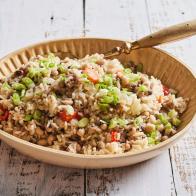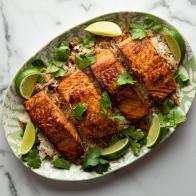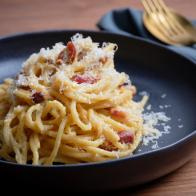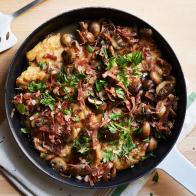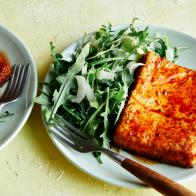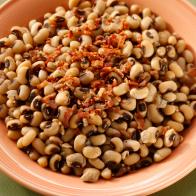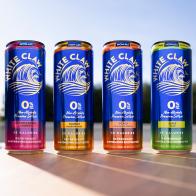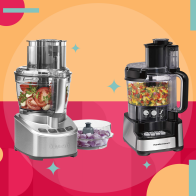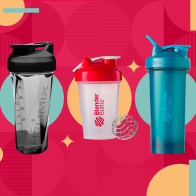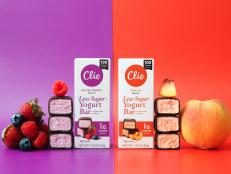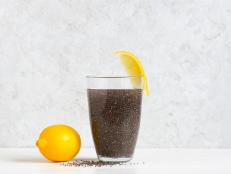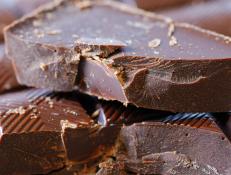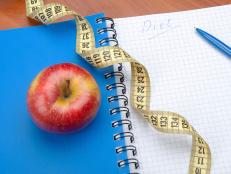How to Add Protein to Smoothies Without Protein Powder
You can use whole foods to get the same filling result.
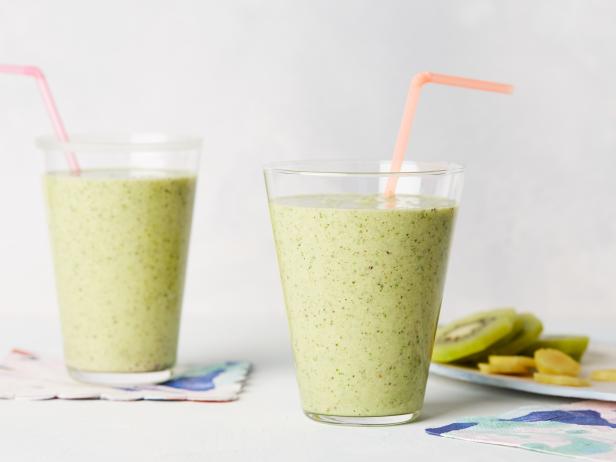
Tara Donne
Want to give your smoothie a protein boost but don't want to use a supplemental protein powder? Then it’s time to rethink your smoothie recipes with these seven whole food ingredients.
Protein Needs
Adding protein to a smoothie is not just a good idea — it’s a great idea. The addition of a protein source makes the smoothie more satisfying, so it will keep you feeling fuller longer. If you tend to sip on a smoothie after exercise, protein is essential for proper muscle recovery. An average 150-pound adult needs about 55 to 70 grams of protein spread throughout the day. Getting 10 to 20 grams (closer to 25 post-workout) is a good protein goal for a smoothie.
Protein Boosters
Add these high protein ingredients to your shopping list and fire up the blender!
Greek Yogurt

Min Kwon, 2015, Television Food Network, G.P. All Rights Reserved
A 6-ounce container of nonfat, plain Greek yogurt has an impressive 18 grams of protein and is a quick and easy way to make a thick and creamy smoothie bowl.
Recipe Inspiration: Berry-licious Smoothie Bowl
Silken Tofu
A seriously underappreciated protein option, silken tofu is a neutral add-in with a payoff: 6 ounces boasts about 10 grams of protein.
Recipe Inspiration: Silken Smoothie
Nut Butter
Nut butters offer a dose of protein, plus heart-healthy fats. Two tablespoons of almond or cashew butter deliver 6 and 5 grams of protein, respectively.
Recipe Inspiration: Chocolate Almond Smoothie
Hemp Seeds
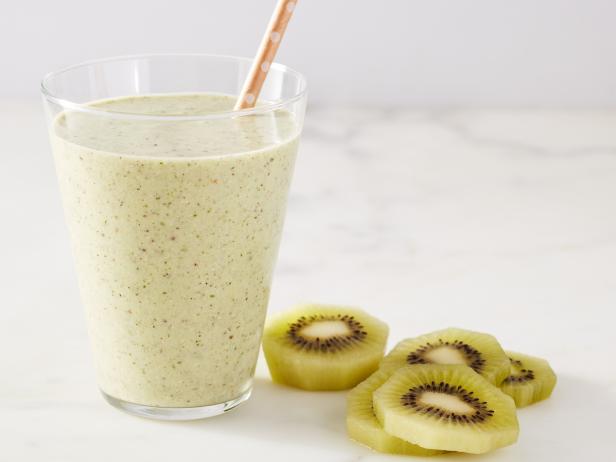
Kate Mathis, 2016, Television Food Network, G.P. All Rights Reserved
These nutrient-filled seeds have gone from quirky trend to pantry staple in recent years and make a great addition to a smoothie: 3 tablespoons pack 10 grams of protein.
Recipe Inspiration: Kiwi-Ginger Zinger Protein Smoothie
Milk and Soy Milk
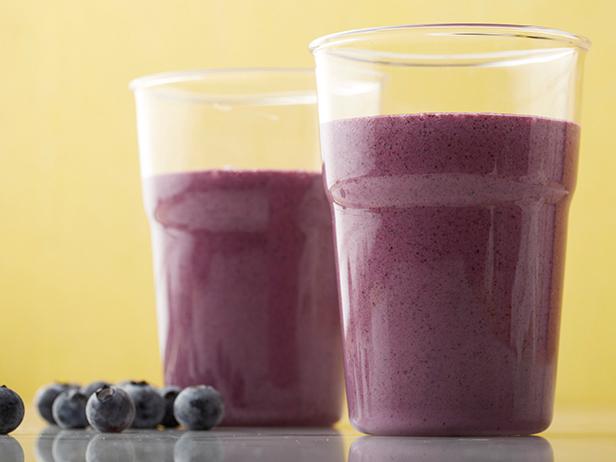
Tara Donne, 2012, Television Food Network, G.P. All Rights Reserved
Whether you choose cow's milk with 9 grams of protein per cup or unsweetened soy milk with 7 grams, these liquids make ideal smoothie bases that also offer bone-building calcium and vitamin D.
Recipe Inspiration: Blueberry Blast Smoothie
Cottage Cheese
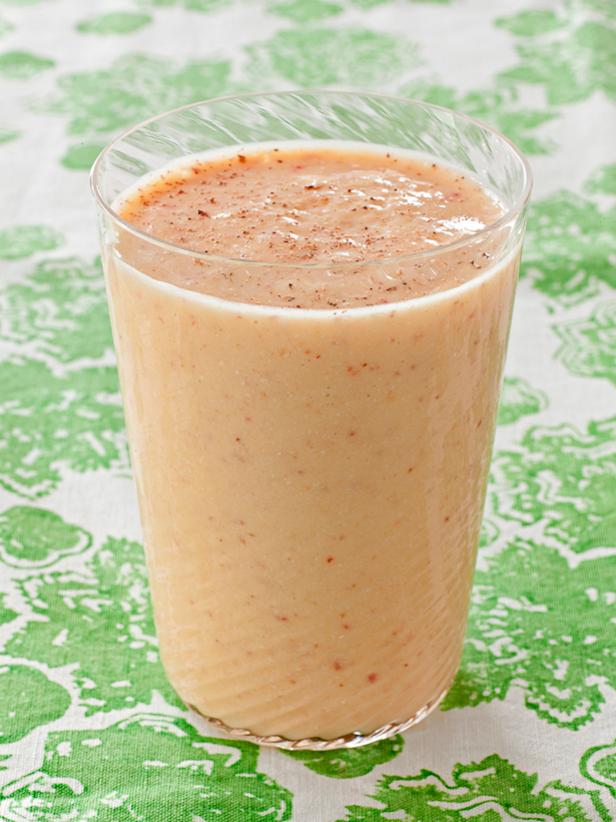
This is one of the best sources of muscle building protein around. One cup of low-fat cottage cheese contains 20 grams of protein and 30 percent of your daily recommended calcium.
Recipe Inspiration: Peachy-Keen Smoothie
Powdered Peanut Butter
Traditional peanut butter is a smoothie staple with 7 grams of protein per 2-tablespoon serving. A lesser known ingredient is powdered peanut butter – with 85 percent less fat compared to the traditional stuff, but the same amount of protein.
Recipe Inspiration: Peanut Butter Shake with Cottage Cheese (recipe below)
Peanut Butter Shake with Cottage Cheese
Yield: 2 Servings
INGREDIENTS
1 3/4 cups skim milk
2 frozen medium bananas
1/4 cup powdered peanut butter
3/4 cup low-fat cottage cheese
DIRECTIONS
- In a blender combine milk, banana, powdered peanut butter and cottage cheese. Blend on high speed until smooth.
- Pour mixture into 2 chilled glasses and serve immediately.
Nutrition Info Per Serving
Calories: 257; Total Fat: 1g (0g saturated fat); Cholesterol: 6mg; Sodium: 278mg; Carbohydrates: 42g; Added sugar: 0g; Fiber: 4g; Protein: 23g
Recipe Courtesy of Dana Angelo White, Healthy Quick and Easy Smoothies
Dana Angelo White, MS, RD, ATC, is a registered dietitian, certified athletic trainer and owner of Dana White Nutrition, Inc., which specializes in culinary and sports nutrition. She is the author of four cookbooks First Bites: Superfoods for Babies and Toddlers, The Healthy Air Fryer Cookbook, The Healthy Instant Pot Cookbook and Healthy Quick and Easy Smoothies.
*This article was written and/or reviewed by an independent registered dietitian nutritionist.
Related Links:
